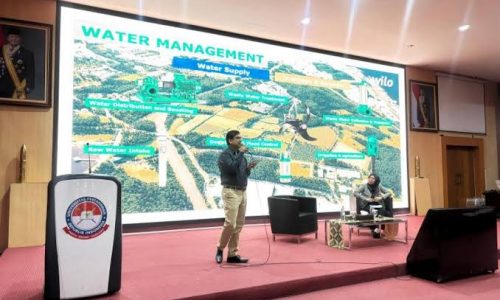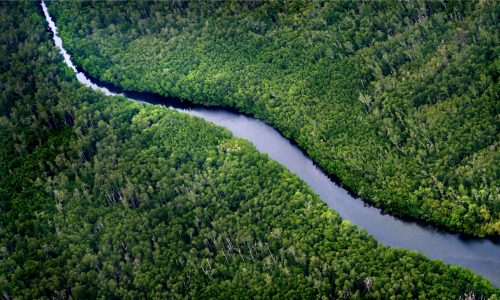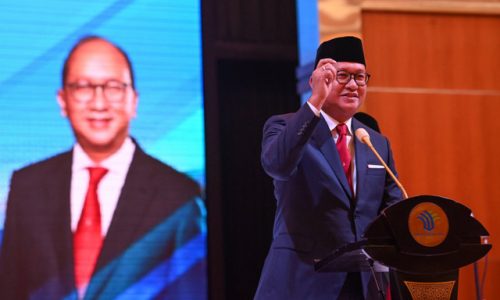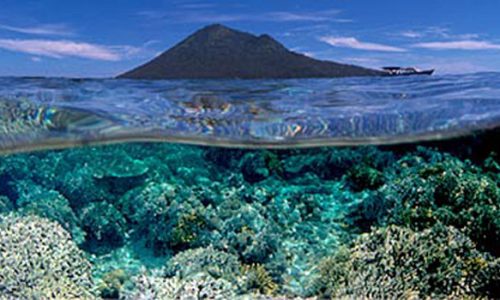The Indonesian Ambassador for Namibia Wisnu Edi Pratignyo led a virtual meeting with Namibia’s Executive Director at the Ministry of Higher Education, Technology and Innovation Alfred van Kent and Director of Planning and Policy Tuanda Keeja on March 2, 2023, to discuss the potential collaboration in vocational education between Indonesia and Namibia.
Bringing positive impact
Pratignyo expressed his hope that the meeting would result in a collaboration between the two countries in the vocational education sector. He believed that such cooperation would have a positive impact on the development of human resources in both countries, the Ministry of Foreign Affairs said in a press release.
The ambassador proposed that representatives from both ministries visit each other’s country to gain a better understanding of the facilities available and needed for the development of the vocational field. This would help in identifying the scope of cooperation that can be established in the field of vocational education.
Van Kent expressed his gratitude towards Pratignyo for taking the initiative to establish vocational education cooperation between Indonesia and Namibia. He emphasized that the development of Technical and Vocational Education and Training (TVET) is a crucial priority for the Namibian government. TVET can have a positive impact in various ways, such as reducing youth unemployment and promoting job creation.
During the presentation, the Indonesian Ministry of Education, Culture, Research and Technology’s Secretary of the Directorate General of Vocational Education Saryadi shared details about the progress of vocational education in Indonesia. He mentioned that there were currently around 14,000 vocational high schools in Indonesia with a total of 5.2 million students. These schools offer 128 programs that cover 10 areas of study, such as tourism, engineering, arts and culture, information technology, agriculture, business management, mining and construction.
Indonesia’s vocational education development
Vocational education in Indonesia has gone through several phases of development over the years. These are brief history of its stages since the early days:
- Pre-independence period (before 1945)
During the pre-independence period, vocational education in Indonesia was mainly provided by Dutch colonial schools, which focused on technical and agricultural skills. These schools were primarily aimed at training native Indonesians to become low-level workers and farmers.
- Post-independence period (1945-1965)
After gaining independence in 1945, the Indonesian government introduced a range of policies to expand vocational education opportunities for its citizens. This included the establishment of vocational schools, apprenticeship programs and the incorporation of vocational education into the general education system.
- New Order period (1966-1998)
During the New Order period, the government prioritized the expansion of vocational education to meet the needs of the rapidly growing industrial sector. This led to the establishment of many new vocational schools, particularly in urban areas. The government also introduced vocational education programs for workers and created a national vocational training system.
- Reform era (1998-present)
In the reform era, the government has continued to prioritize vocational education, with a focus on improving the quality and relevance of vocational programs. The government has introduced vocational education reforms aimed at creating a more flexible and responsive system, with increased emphasis on entrepreneurship and work-based learning. The private sector has also become more involved in vocational education, with many companies offering apprenticeships and training programs.









